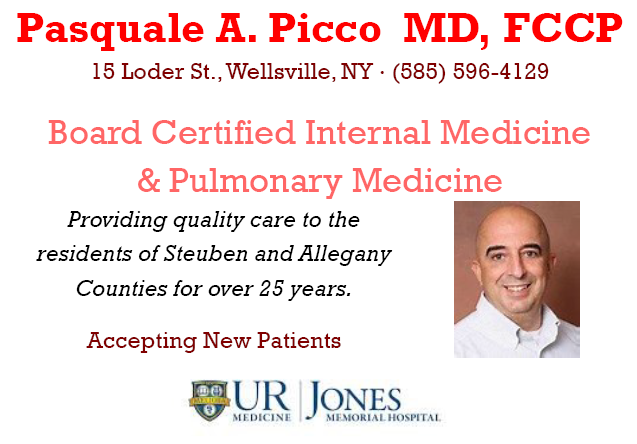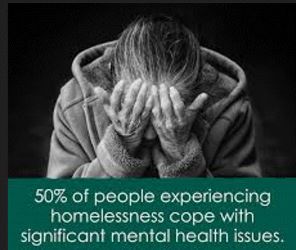“Homelessness has surged by a staggering 215% collectively in Ontario, Seneca, Wayne, and Yates counties”
Common Ground Health seeks to help turn the tide
By: Johanna Elattar
In a region renowned for its picturesque landscapes and idyllic small towns, a startling trend is emerging. Contrary to the prevailing belief that homelessness is an urban phenomenon, recent revelations from a Common Ground Health issue spotlight have illuminated a concerning spike in homelessness within rural enclaves across the Finger Lakes region.
Founded in 1974, Common Ground stands as the vanguard of health research and planning for the Rochester-Finger Lakes area. It serves as a unifying force, rallying leaders from diverse sectors – healthcare, education, business, government, and more – to confront the region’s health challenges collectively. Now, their latest report has cast a stark light on the growing crisis of rural homelessness, underscoring the urgent need for comprehensive solutions that transcend geographical boundaries.
According to sobering statistics from the U.S. Department of Housing and Urban Development, homelessness has surged by a staggering 215% collectively in Ontario, Seneca, Wayne, and Yates counties, and by 46% collectively in Allegany, Chemung, Livingston, Schuyler, and Steuben counties between 2007 and 2021. These figures paint a distressing portrait of homelessness seeping into the heart of rural communities, challenging preconceptions and demanding immediate attention.

Wade Norwood, the impassioned CEO of Common Ground Health, pulls no punches in his assessment of the situation: “Homelessness in our region knows no boundaries – it affects people of every race, gender, age, and ethnicity, both in bustling cities and sleepy rural towns alike.” His words echo the urgency for a united, inclusive front to confront the multifaceted challenges faced by those without homes.
The escalating rates of homelessness in rural areas stem from a nexus of factors. A gaping chasm between skyrocketing housing costs and stagnant wages, coupled with a dearth of affordable housing options, erect formidable barriers for vulnerable populations. Moreover, issues such as disabilities, mental or physical health struggles, substance use disorders, trauma, domestic violence, financial crises, and systemic inequities compound the problem, perpetuating a vicious cycle of poverty and housing insecurity.
Zoë Mahlum, a perceptive health planning research analyst at Common Ground Health, sheds light on the complexities of gathering accurate data on homelessness, particularly in rural and suburban landscapes where unconventional forms of sheltering prevail. Mahlum elucidates, “While urban areas heavily rely on shelters, rural and suburban regions witness a higher prevalence of individuals seeking refuge in vehicles, tents, hotels, or doubling up with relatives.” This phenomenon of “hidden homelessness” underscores the imperative for nuanced approaches to understanding and tackling the issue’s scope.
The onset of the COVID-19 pandemic has only exacerbated the plight of homeless individuals and strained service providers. Shelters, already operating at full capacity, were compelled to downsize to comply with social distancing protocols, leading to the relocation of shelter-based accommodations to hotels. This disruption in services further exposed the vulnerabilities of the homeless population, emphasizing the dire need to address systemic issues exacerbated by the pandemic.
In response to these daunting challenges, Common Ground Health advocates for heightened collaboration at local and national levels to tackle the root causes of homelessness. While commending the commendable efforts within the region to support homeless populations, the report emphasizes the necessity for sustained collective action to effect substantial change.
Brenda Spratt, the dedicated executive director of Family Promise of Ontario County, underscores the pivotal role of community support in addressing homelessness, especially as winter looms ominously. “As temperatures plummet, unhoused families face agonizing decisions to remain together and seek warmth,” Spratt observes. “Organizations like ours rely on the unwavering support of the entire community to ensure that every family finds solace under a roof they can call home.”
As the Finger Lakes region grapples with the escalating crisis of rural homelessness, it is incumbent upon stakeholders to unite, acknowledging the interconnectivity of these issues, and working collaboratively towards sustainable solutions that safeguard the dignity and well-being of all community members. Only through concerted efforts and an unwavering commitment to equity and justice can we hope to dismantle the root causes of homelessness and forge a more inclusive and compassionate society for all.

Johanna Elattar is a Hornell NY based writer who writes a wide range of community news, business features, and special interests. To get in touch with her just email, hauntedhill@yandex.com.






